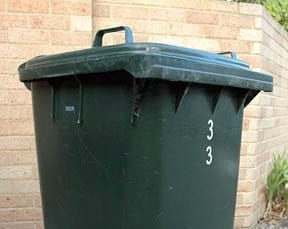
The new policy will increase inspection and enforcement resourcing for collection permits, funded in part by the revised permitting fee structure.
Limerick City Council is currently studying the Minister’s report which states that waste collection companies will have to adhere to improved standards of service, incentivise households to segregate waste and to be more transparent about their charging structures. At the same time there will be an onus on households to show how they manage their waste in an environmentally acceptable manner.
“Waste collection firms will be obliged to have enhanced customer service provisions and will be held to account for failures under the new permitting regime,” says the Minister, adding:
“This new approach will give families more control over the management of their waste costs and collection firms will be obliged to have enhanced customer service procedures. They will be held to account for failures under the new permitting regime – this new approach will give families more control over the management of their waste costs”.
What is termed as “a vigorous approach,” will be adopted in bringing to justice those who abandon their waste in the countryside.
Through collection permits issued under a strengthened permitting system, waste collectors will be required to operate pricing structures designed to incentivise environmentally sustainable behaviours by households, in terms of waste reduction and segregation.
“Robust controls are in place to ensure that only “fit and proper” individuals and companies are allowed to hold such permits,” the policy states.
It is also emphasised that all service providers will be required to establish customer charters, setting out information in relation to dealing with customers who fall into arrears and arrangements for switching from one waste collector to another.
“These will be audited annually as part of the permitting process and measures will be introduced to better manage the emissions and health and safety risks of overlapping household waste collection networks”.


